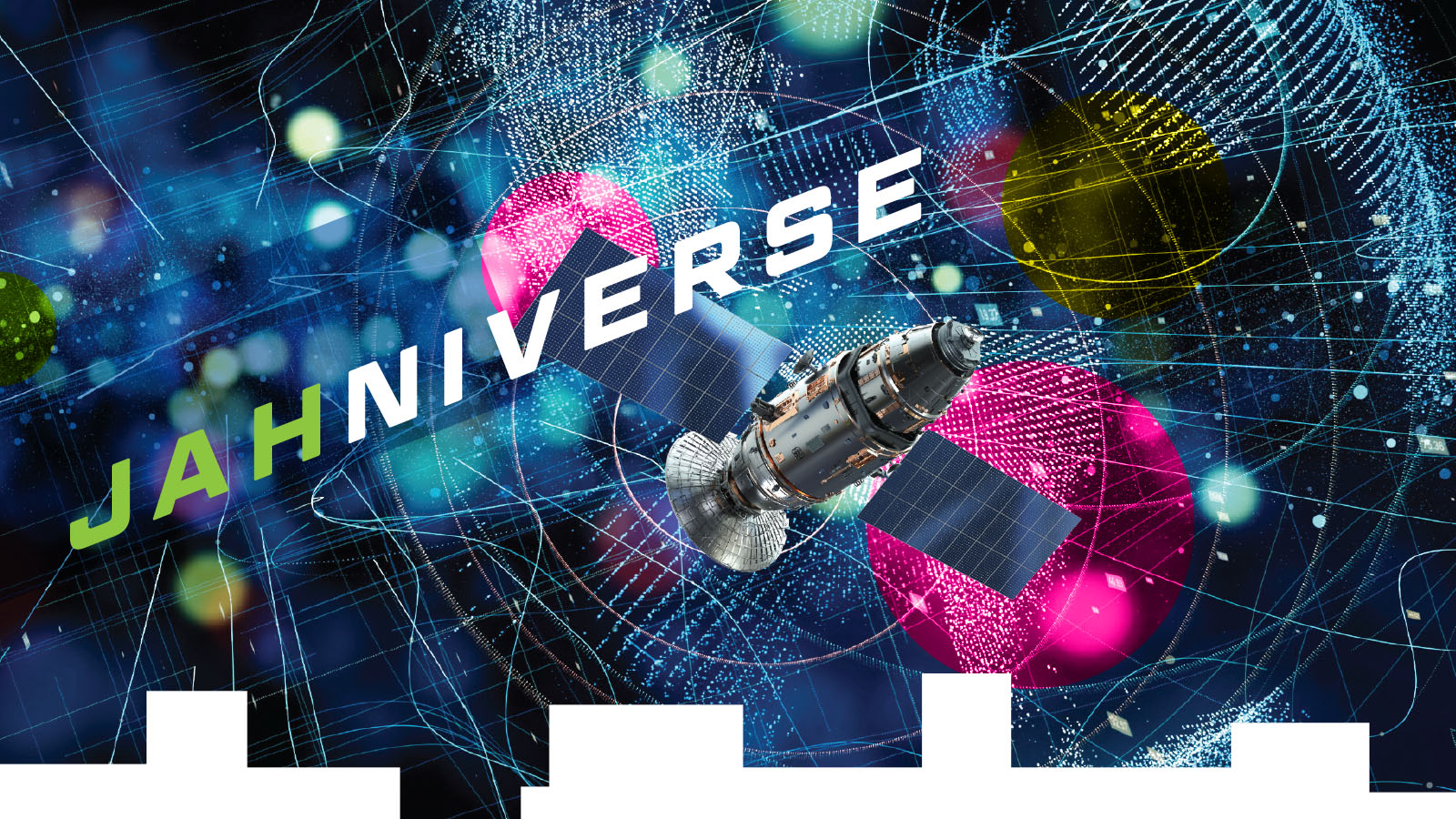Stay Up to Date
Submit your email address to receive the latest industry and Aerospace America news.
Beneath the celestial expanse of space exploration, where humanity’s boldest dreams converge with cutting-edge science, lurks a familiar and troubling human failing. I’m referring to incidents of sexual harassment and misogyny within the scientific community, a reality that the space profession is not immune to.
These cases are often, though not always, linked to networking events involving alcohol.
Consider Nathalie Vriend, an associate professor of mechanical engineering at the University of Colorado Boulder, writing last year on the website of the American Physical Society: “I myself have experienced harassment on multiple occasions in professional settings, from colleagues who had too much to drink. As a result, I have become more cautious, sometimes leaving events where I feel unsafe — hardly the welcoming environment we aim to create in our scientific communities.”
Statistics show that Vriend is not alone. A 2023 study of 5,200 scientists from 117 countries showed that nearly one in two women scientists (47%) reported experiencing an incident of sexual harassment in the last five years. That’s an especially appalling result, considering that it comes despite the global reckoning catalyzed by the #MeToo movement and other actions. The study was conducted for the L’Oréal Foundation by Ipsos, the Paris-based opinion research group.
The study also showed that only about one in five women (19%) who experienced harassment spoke out about the incident within their institution. So, the problem could well exist in your organization and at its events, and you just don’t know it.
The impact of sexual harassment extends far beyond the immediate trauma inflicted upon victims. For 65% of those affected, the repercussions reverberate throughout their careers, corroding their engagement in science and hindering their professional advancement, the Ipsos study noted.
In the space community, the group Astro Advocates was formed to fight sexual harassment and any form of bullying in the industry and to offer support to victims. If you’re a victim, Astro Advocates invites you to find them on their private Facebook group and share your account, anonymously if you prefer.
I also have borne witness to such misconduct firsthand, on several occasions. I’ve been a wingman for women at conferences and events, and I have literally placed myself between them and drunk, harassing men. These cases are poignant reminders of the urgent need for change.
Solving this problem will, in part, require a stronger recognition of the dangers presented by excessive availability of alcohol. Vriend points to a 2007 study in the Journal of Occupational Health Psychology showing a link between “the number of heavy-drinking male employees” in an organization and “a culture of gender harassment against women in a workplace.” Data also shows that the risk posed by easy access to alcohol goes beyond harassment. See for example “The Relationship Between Alcohol Consumption and Sexual Victimization” in the Applied Research Forum, a publication of VAWnet, an online network for information about violence against women.
Too often, especially after hours, space conferences and events become more like bars and parties than off-site work events. Hotel suites co-located with conference venues, oftentimes sponsored by space companies, have open bars serving people way beyond mild intoxication. I’ve seen this firsthand, and it’s common in our community.
Some event organizers have taken steps in the right direction. The AMOS Conference, the annual Advanced Maui Optical and Space Surveillance Technologies event, has established an anti- harassment policy that includes the ability to report an incident anonymously and to contact the event’s director directly. The American Institute of Aeronautics and Astronautics (Aerospace America’s publisher) requires registrants to agree to the terms of its anti-harassment policy. AIAA also provided me with a statement: “It is the policy of AIAA to maintain a professional environment at its events that is free from all forms of discrimination, harassment and conduct that can be considered unprofessional, disruptive, inappropriate or discourteous.”
The studies and data cited in this column suggest that still more must be done. Too often, there is a disconnect between rhetoric and reality. Again, part of that reality is that only one in five women will, on average, report a case of harassment to their organization. Also, not enough is said or done by organizations about the catalyst for much of the harassment: alcohol abuse.
On the behavioral side, Astro Advocates proposes some pragmatic solutions that I am strongly in favor of and suggest organizers consider. The ideas include mandatory background checks for all attendees; blacklisting of known offenders; stricter enforcement measures, such as the removal of harassers without refund; and criminal prosecution where appropriate. Such steps would hold violators accountable and safeguard the integrity of space conferences.
By addressing excessive alcohol consumption, amplifying the voices of women in the space industry and empowering them to speak out against harassment, we can begin to create the “welcoming environment” that Vriend and all of us in the community deserve. As custodians of scientific progress, we must confront these issues head-on, ensuring that every individual, regardless of gender, can pursue their scientific aspirations free from fear and intimidation.
About Moriba Jah
Moriba is a professor at the University of Texas at Austin and chief scientist at Privateer. He helped navigate spacecraft at NASA’s Jet Propulsion Lab and researched space situational awareness at the U.S. Air Force Research Laboratory, and is an AIAA fellow.
Related Posts
Stay Up to Date
Submit your email address to receive the latest industry and Aerospace America news.




